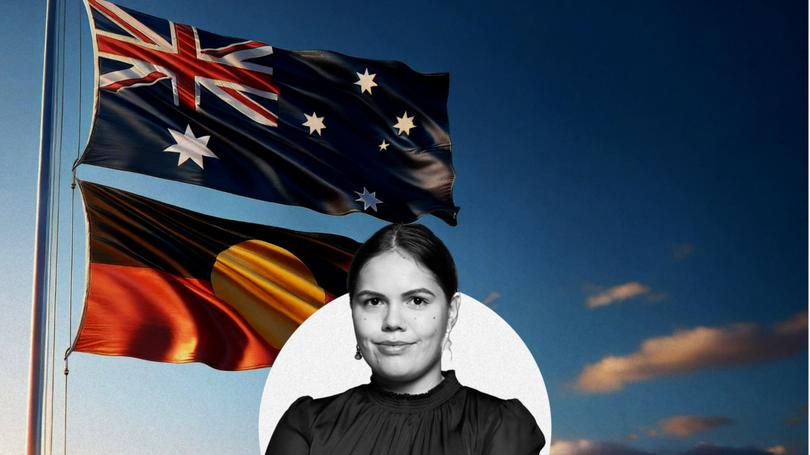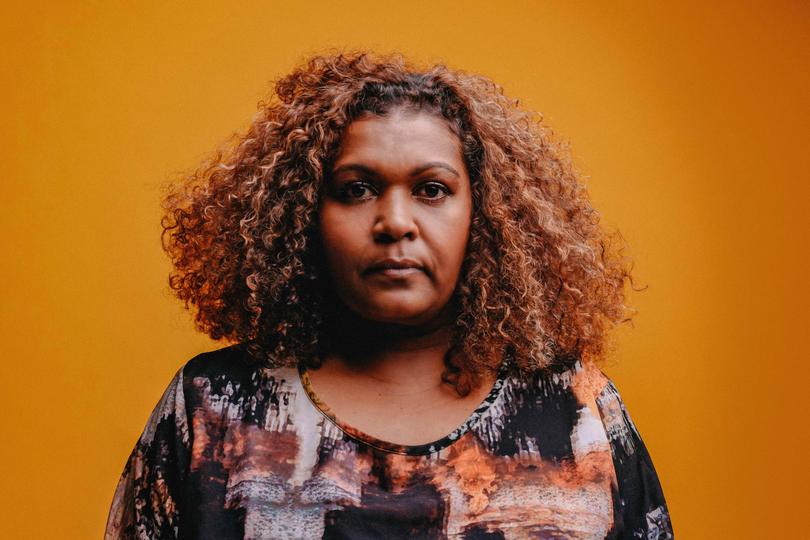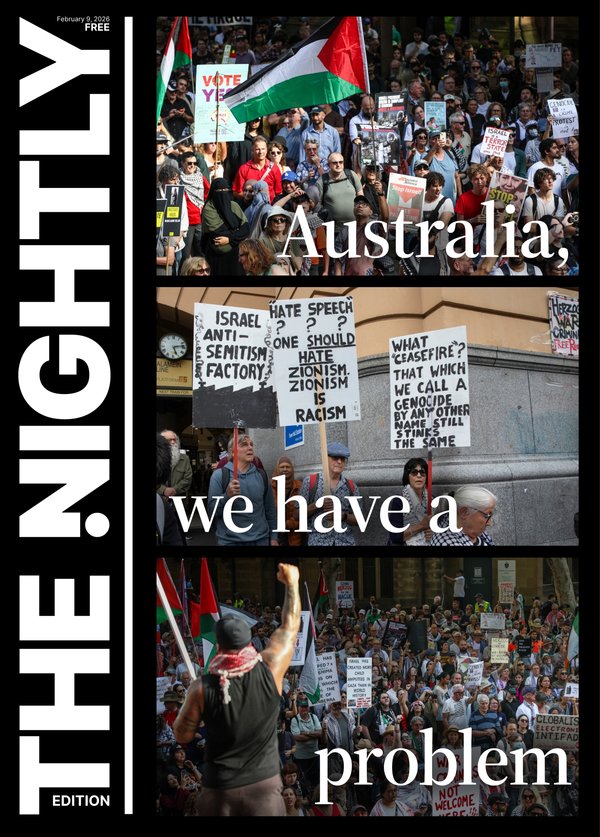EMMA GARLETT: Don’t let a prejudiced minority define who we are as Australians. Our nation is not racist
EMMA GARLETT: The word racism has been on the tip of everyone’s tongues. But the question remains: Is Australia really a racist country?

The news headlines have been flooded with issues around racism in Australia. From the Laura Tingle debacle to Gumbaynggirr and Yamatji musician Emma Donovan’s allegations she was refused service by a taxi driver, the word racism has been on the tip of everyone’s tongues.
But the question remains: Is Australia really a racist country?
I have suffered my fair share of racist attacks from people: the nasty emails attacking my skin colour; and the people who say I am not “black enough” to be Aboriginal. Every one of my opinion pieces online must be carefully monitored and racist comments removed.
Sign up to The Nightly's newsletters.
Get the first look at the digital newspaper, curated daily stories and breaking headlines delivered to your inbox.
By continuing you agree to our Terms and Privacy Policy.The reality is that some people in Australia simply don’t like people who are not the same as them.
I don’t know one Indigenous person who has not experienced racism, whether it be overt or covert.

But do these incidents of racism mean the whole nation is racist? No, it does not.
Unfortunately, many of those who are racist are loud. Or, they’re working in the background to silence the oppressed further. But still, these people are the minority.
Australia is one of the world’s most successful multicultural societies. More than half of Australian residents were born overseas or have at least one parent born overseas. With that level of diversity, how could we be racist?
We have come a long way since the White Australia Policy and the Stolen Generations.
Despite the progress we have made, some remnants of the past linger. However, our society is working to rectify these. There are many people dedicated to removing any systemic racism in institutions, policies or corporate ways of working.
So, no, we are not a racist country.
Fred Chaney AO, former politician and founding co-chair of Reconciliation Australia, said the actions of the few shouldn’t define us as a whole.
“Australia is not racist. There are significant elements of racism in Australia which is damaging to society,” he said.
That’s not to gloss over the impact racist incidents can have on individuals.
“You only have to look to Australian football and the concerns and the complaints that are verified (to see) that there is racist behaviours and language — and this is from those who have celebrity status. What would it be like for those who don’t have this status, the everyday person?”
Carol Innes, immediate past co-chair of Reconciliation WA, said there was room for improvement in our systems which are there to deal with incidents of racism.
Navigating these systems, including the Equal Opportunity Commission and the Racial Discrimination Act, could be a difficult and hurtful process, she said. The administrative burden can mean that some choose not to go ahead with formal complaints, limiting our agencies’ power to respond.
Systemic injustices also remain.
“The Royal Commission into Aboriginal deaths in custody was a report that documented many government services that need to be better. Many of the 339 recommendations were never implemented. Health services, police services, public transport, education and housing are all listed in that report and still no policy or regulation,” Ms Innes said.
Reconciliation WA co-chair Nolan Hunter agreed structural issues were a problem that needed attention.
“There is an old saying about how people genuinely believe they are not racist and how they reject notions of racism, but they simultaneously support the structures and practices that perpetuate racism,” he said.
But Mr Hunter believes it’s a problem within our ability to solve.
“You can create the frameworks which create a different outcome for minority groups,” he said.
One of the problems with blanket statements that paint all of Australia as a racist society is that they lend undeserved power to those racist elements. It positions the opinions of that racist minority as more important than the majority, who genuinely want to do better and be better.
And it may also embolden those racist elements, by making them believe that their narrow-minded views are those of the mainstream. Instead, we should make it clear that Australia is a place where racism is never tolerated.
That’s where all of us have a role to play. If you hear racism, call it out. We need to do this together, to build a more inclusive nation for all people.
